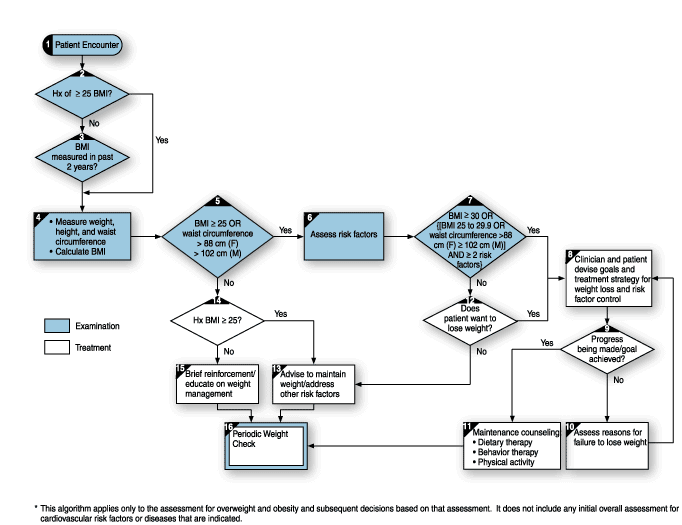Study Links Cardiovascular Disease and Obesity to Breast Cancer Risk in Postmenopausal Women

A recent study published in the journal *Cancer* highlights a significant correlation between cardiovascular disease (CVD), obesity, and the risk of breast cancer in postmenopausal women. The research, conducted by a team from the International Agency for Research on Cancer, analyzed data from 168,547 women and found that those with both CVD and high body mass index (BMI) faced a notably increased risk of breast cancer compared to those with obesity alone.
The prevalence of obesity among adults has nearly doubled since the early 1990s, with approximately 2.5 billion adults classified as overweight or obese (World Health Organization, 2023). Previous studies have identified CVD and excess body weight as established risk factors for postmenopausal breast cancer. According to Dr. Heinz Freisling, lead researcher and epidemiologist at the International Agency for Research on Cancer, “Our study supports previous evidence that being overweight or obese during adulthood increases the risk of breast cancer among postmenopausal women and adds evidence that such risk is 1.15 times stronger among women with a history of CVD.”
The study's findings are particularly alarming as they suggest that the intersection of CVD and obesity may lead to higher breast cancer incidence, necessitating focused preventive measures. The researchers identified that, in women with CVD, the hazard ratio for developing breast cancer increased to 1.31 when compared to women without CVD, who had a hazard ratio of 1.13. This reinforces the need for healthcare professionals to prioritize weight management strategies among postmenopausal women with cardiovascular issues.
Data collected from the European Perspective Investigation into Cancer and Nutrition (EPIC) and the UK Biobank revealed that 6,793 cases of breast cancer were diagnosed during an average follow-up of about ten years. Notably, the presence of CVD combined with obesity led to 2.79 additional cases of breast cancer per 1,000 person-years in the EPIC cohort and 1.27 in the UK Biobank cohort. These statistics underscore the critical importance of managing obesity and cardiometabolic diseases to mitigate breast cancer risk.
Moreover, previous research published in *JAMA Network Open* indicated that patients diagnosed with advanced breast cancer were 10% more likely to have preexisting cardiovascular conditions (Angelov et al., 2025). This association further emphasizes the need for comprehensive health evaluations that consider both cardiac health and BMI in postmenopausal women.
In conclusion, the latest study indicates that addressing obesity in postmenopausal women, particularly those with cardiovascular disease, could lead to a significant reduction in breast cancer incidence. Preventive measures, including lifestyle modifications and regular health screenings, should be implemented as part of a broader strategy to combat both obesity and breast cancer risk in this vulnerable population. As Dr. Freisling suggests, “This study highlights the importance of integrated care approaches that address multiple health risks simultaneously.”
These findings call for further investigation and healthcare policy initiatives targeting lifestyle interventions and clinical management strategies for postmenopausal women facing dual risks of obesity and cardiovascular disease. As the healthcare community continues to address these intertwined issues, the emphasis on preventive health measures becomes increasingly vital in reducing breast cancer rates among at-risk populations.
Advertisement
Tags
Advertisement





